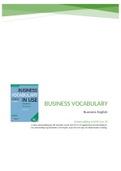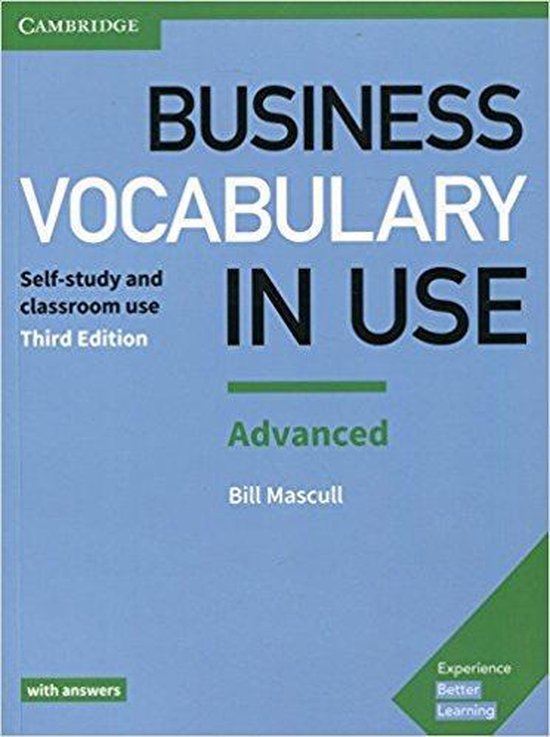Resume
Samenvatting Business Vocabulary in Use Advanced unit 45 t/m 59 ISBN:9781316628232
- Cours
- Établissement
- Book
Alle woorden van unit 45 t/m 59 op een rijtje met de bijbehorende betekenis. De samenvatting is in het Engels met hier en daar een Nederlandse vertaling. Ik zou het erg fijn vinden als je een recensie achterlaat!
[Montrer plus]




